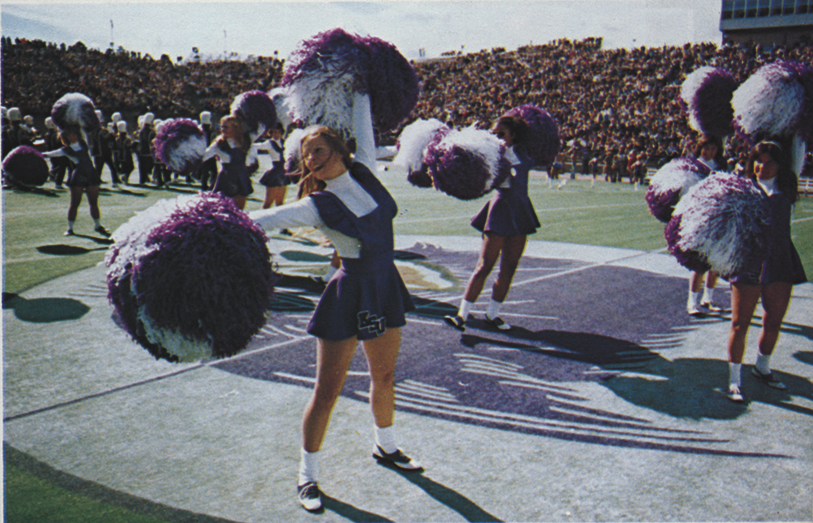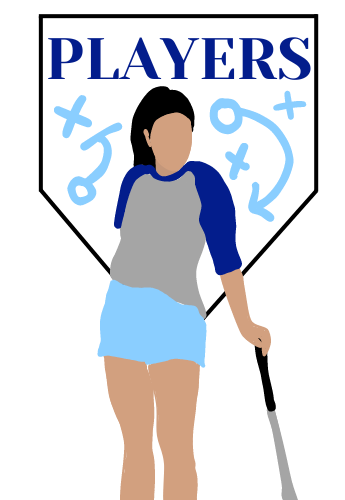Netflix’s new movie “Players” came out this Valentine’s Day and is a classic rom-com with predictable tropes and a good balance of romance and comedy. However, it had some disappointing issues noticeable on a second watch.
The film is based on the main characters running plays to get themselves or their friends laid. They name each play and call them, working together as tag-teams to accomplish their end goal and get lucky.
The main character, Mack, is a sports writer for the newspaper where she and her friends work, keeping the sports theme heavy throughout the film.
Even as someone who enjoyed the movie, it was heavily filtered through the male gaze, especially through the portrayal of Mack.
The male gaze is a concept coined by film scholar Laura Mulvey in her essay “Visual Pleasure and Narrative Cinema.” It describes films objectifying or sexualizing women on-screen for the pleasure of a male-heterosexual target audience.
The male gaze is a view women are filtered through, ignoring experiences and personalities behind real-life women and female characters. This view is sexualizing, objectifying women whose thoughts and actions only benefit that sexualization.
Mack is filtered down through the male gaze in “Players,” becoming the stereotypical ultimate fantasy: sports-loving, romantically detached and effortlessly beautiful. She lacks character depth outside her passion for baseball, further limiting her to this fantasy.
Other problems make it clear this movie is shown through the male gaze. There’s a lack of romance for the token bisexual character, an imbalanced male-to-female character ratio and almost all the female characters are romantically involved by the film’s end.
Despite its flaws, “Players” is good for anyone looking to watch a light-hearted, predictable film. Some movies are meant to be feel-good entertainment despite being shoved through the lens of the male gaze. “Players” is just that.

















































































































